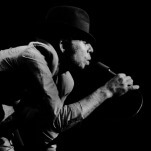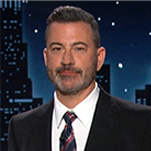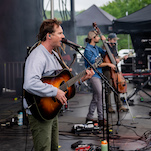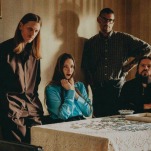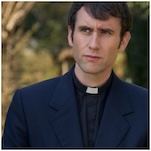Dave Chappelle’s Blind Spots
Photos via Netflix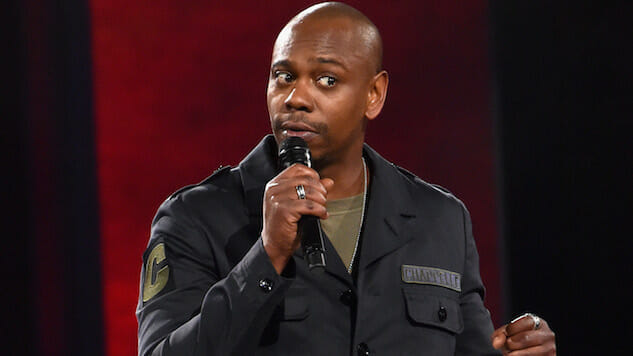
Dave Chappelle has returned to us. As a black woman and a comedian, I feel as if I’m forced to have an opinion on the matter. Chappelle’s Show changed sketch comedy, a fact highlighted by Chappelle himself in the first of his two new specials, The Age of Spin, when he declares that during his sabbatical from television he “had to watch Key & Peele do his show every night,” to uproarious applause from the audience. The joke lands because it’s true. Without Chappelle’s Show, there would be no Key & Peele. Chappelle’s legacy is so esteemed that he could literally produce no new work for the rest of his life and still maintain a loyal fan base.
But, he did. He made two controversial new specials, The Age of Spin and Deep in the Heart of Texas, which have received blowback from critics and fans alike. Chappelle, once seen as revolutionary comedic voice for the marginalized, fills both his specials with rape jokes, trans jokes and gay jokes. He makes light of a black woman being beaten, Janay Rice’s abuse at the hands of her husband and Bill Cosby’s rape allegations. In one particularly cringe-worthy moment in The Age of Spin, Chappelle states that gay people “need to get over themselves.” Later, he refers to Bill Cosby as a rapist superhero who “saves more than he rapes.” Deep in the Heart of Texas doubles down on the transphobia when Chappelle suggests that he shouldn’t have to respect trans people’s preferred pronouns. In both specials he demonstrates the same insensitivity and insularity for which comedians like Daniel Tosh have gotten heat in recent years. His material seeps with straight male entitlement, exposing Chappelle’s disappointing blind spots.
Let’s be clear: People are mad because Chappelle’s comedy is not intersectional. It’s not about people not being able to take a joke. It is not about people not “getting” comedy—plenty of comedians I know don’t like the specials either. The criticisms are all about intersectionality, a word everyone is probably going to learn this year, whether they want to or not. Scholar Kimberlé Crenshaw, the creator of intersectional theory, defines it as “an analytic sensibility, a way of thinking about identity and its relationship to power.” She goes on to explain that intersectionality “brought to light the invisibility of many constituents within groups that claim them as members, but often fail to represent them.”
Chappelle jokes about the struggles of women, trans women and gay people with a detached amusement that minimizes the severity of what they have endured throughout history and continue to endure now. He essentially addresses every social struggle that didn’t directly affect straight black men as a morbid curiosity. In doing so he alienates an alarming number of people in the black community simply by virtue of not acknowledging their dual identities—such as black and gay, black and trans, black and a woman, et cetera.
This isn’t a new issue. Pop culture has always had a problem with the erasure of black women and other marginalized groups under the umbrella of blackness. In popular culture, black men are seen as the authority on racism. White people have a tendency to look to straight black men for answers on race, ignoring the voices of black women and others within the black community. In the popular consciousness, when we think of the word “black,” the immediate image we see is that of a straight black man.
Chappelle’s blind spot is not limited to his standup, either. His Saturday Night Live sketch “Election Night,” in the episode he hosted in November, perfectly illustrates his indifference toward intersectionality. In the sketch, a group of friends have gotten together to watch the election returns. The cast includes Aidy Bryant, Cecily Strong, Beck Bennett, Vanessa Bayer, Chappelle and later Chris Rock. As the night goes on, the white friends in the group get increasingly angry and depressed by the results. Chappelle and Rock mock their friends, (and white people in general, for being too confident about Hillary winning. They serve as the sole representation of black people in the sketch; the two black women in SNL’s cast, Leslie Jones and Sasheer Zamata, are tellingly absent. This is especially odd considering the sketch features mostly women, and most of the jokes are made at their expense. The inclusion of black women may have created a more representative dynamic, giving greater dimension to the commentary.
The absence of black women in the sketch is felt most when Strong’s character, distraught over Clinton’s loss, laments how tough women have it in America. Chappelle and Rock mock her, as if the sketch is trying to suggest that women’s rights are trivial when compared to the marginalization of black people. This completely overlooks the existence of black women, who have to deal with both racism and sexism at once, on a daily basis. The inclusion of Zamata or Jones could have highlighted that reality, though of course that would distract from Chappelle’s overtly male view of the black struggle.
Now, in 2017, times have changed. Marginalized voices have risen and they want to be able to speak for themselves. Though he may not know it or like it, Chappelle, as a straight black man, has the power to marginalize others with his comedy. Privilege is a hierarchy—those with platforms are fully able to exclude those without, deliberately or not. Though presumably Chappelle meant no harm, this does not guarantee harm won’t come anyway. For all the criticism he’s getting, the fact remains that he had the full support of his audience when he made his most unsavory jokes. It serves as a reminder that we haven’t progressed quite so much as we thought.
Jourdain Searles is a stand-up comedian, playwright and critic. She runs the feminist media site Fishnet Cinema and hosts The Shady Lady Podcast. Follow her on Twitter.
































